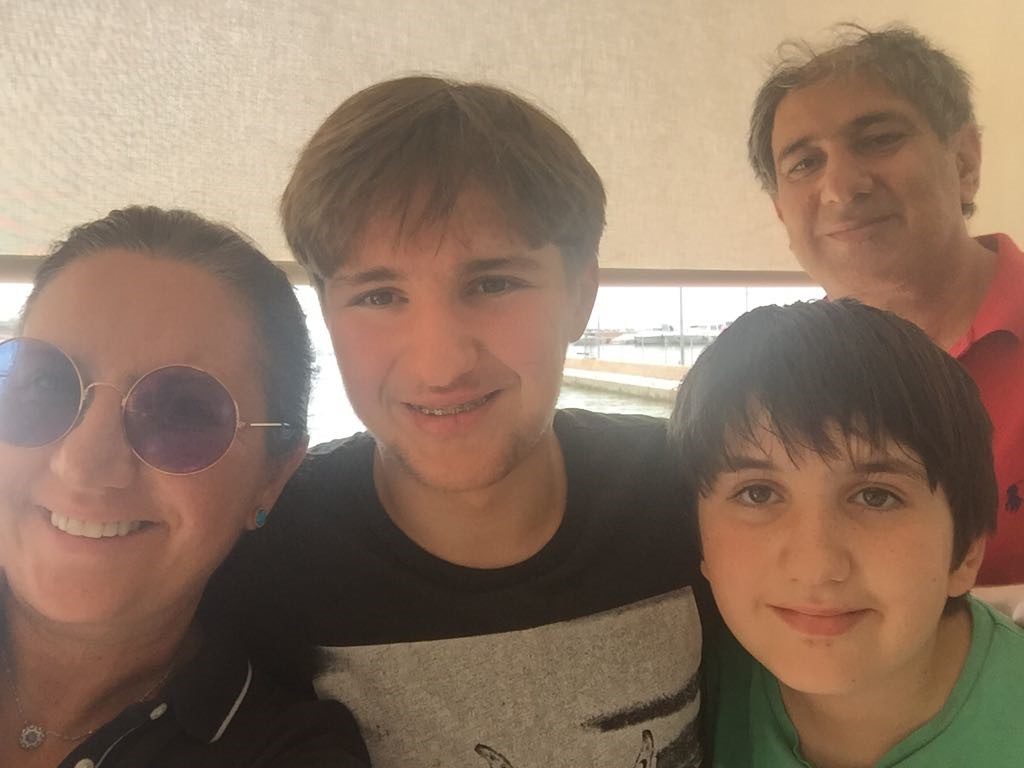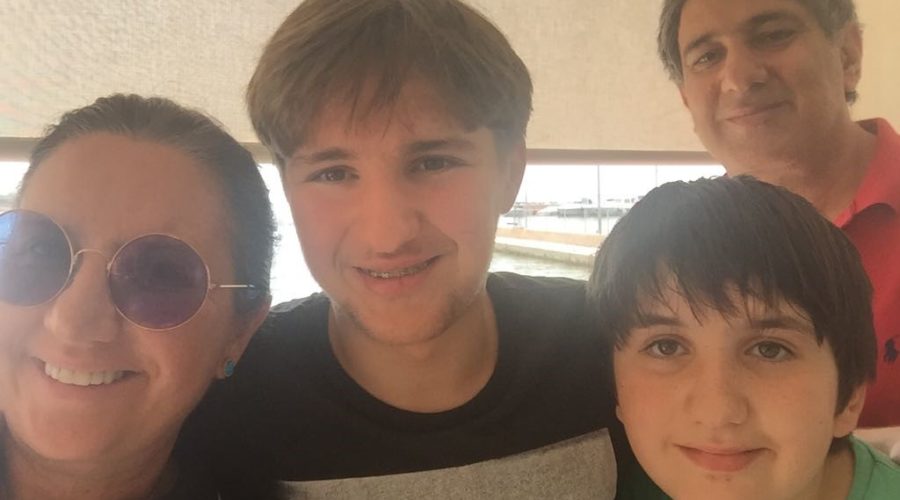
Mine and my husband´s biggest concern when we decided to pursue an international career and live an “expat” life, was never the job itself: it was always about the wellbeing of our children.
This journey that I have undertaken took already 10 years and spanned 3 different countries. I always say that the expression “working mother” doesn’t reflect reality. What does exist are “mothers that work”. Ambitious and career oriented as they may be, their children are ALWAYS the first priority. Anywhere in the world, no matter what culture.
So, as a mother who has been living for a long time in Europe (8 years to be exact, which is a great amount of time to my children, Leonardo and Rafael, now 15 and 11 years old), I was able to experience the differences in their school lives, their friends, other parents, in comparison to my home country, Brazil.
The raising and upbringing of a child is usually a controversial topic of discussion, each parent thinking that their child is the most beautiful, intelligent, charming etc… with unique needs. But let´s agree there’s no failproof way to raise a child. It would be foolish to ignore that there are positive and negative aspects in any form of education. So, in the name of what’s best for our children shouldn’t we always have a little humility and listen to varied perspectives on the subject with interest? Even though we think “my kid’s perfect” and “I know what’s best for him”?
Here are the four things I like the most in the Brazilian style in raising children (same in Latin America in general):
1- the explicit love and caring: children have an overabundance of hugs, kisses, cute nicknames and expression of very clear affections in general. Not only by their parents, but by people in general.
2-The informality when meeting friends or family: children are always received with an open door and a warm smile, anytime, without much ceremony.
3-The fact that a child is always welcome no matter the circumstances or where: restaurants, hotels, parks, shops, parties.
4- Children´s happiness always comes first. We don’t leave them crying for a long time, we are always there to help and protect, making sure their self-esteem and confidence grows and stays up (whoops… it requires a lot of attention to this point so that we don’t end up raising spoiled little monsters)
What I love about the European way:
1- Children remain children throughout all their childhood. let me explain: in Europe children don’t try to mature too quickly and don´t attempt to mimic adults. Girls below 12 normally don’t wear lipstick, don’t paint their fingernails. Children are not into shopping and don´t have i-phones or facebook accounts. During this period, they play outside and have fun with ordinary toys and friends.
2 – Children are teached discipline and independence very early on: in Europe parents don’t do everything for their children, like tying shoelaces, cutting their food, organizing their school uniform and their things in general. Organizing their clothes, making their bed and taking the plate to the sink after they’ve excused themselves from the table are things that are taught at a very early age (such as 5-6).
3- Children are expected to be respectful, and they know when their play time has to come to an end, for example, when us (the adults) want to relax, when eating at a restaurant or when the parents are having friends or colleagues over to the house. They don’t bother you or annoy you all the time and learn there are limits to any parent´s patience.
4- Expressions such as “please”, “excuse me”, “thank you”, “good morning/evening”, are fundamental basics to be used without having to be reminded.
My learning is that balance is really the secret. At the end we try to do what we think is best for our children, and that´s what we should all strive for. To give them the largest amount of happiness possible in these short precious years of before adulthood and the immense burden of responsibility that comes along.
Yes, I try to make my boys happy, but also try to prepare them to do their part in making this world a better place. I believe that´s only possible through values, transparency, discipline and “unconditional love”.










